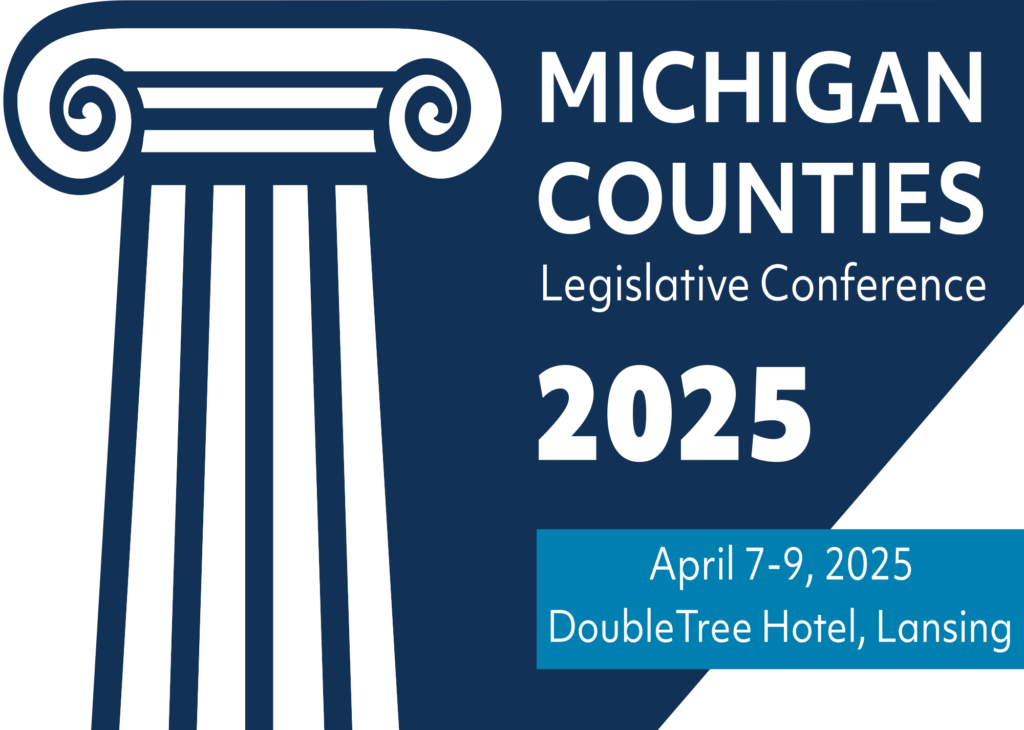MAC sees hopeful signs in Whitmer remarks on infrastructure, cooperation The focus on infrastructure and bipartisanship in Gov. Gretchen Whitmer’s 2025 State of the State address this week drew praise […]


MAC sees hopeful signs in Whitmer remarks on infrastructure, cooperation The focus on infrastructure and bipartisanship in Gov. Gretchen Whitmer’s 2025 State of the State address this week drew praise […]

Legislature sends Minimum Wage and Earned Sick Time Act bills to governor The Michigan Legislature has officially passed House Bill 4002, amending the existing Earned Sick Time Act (ESTA). The […]

Michigan Legislature continues debate on sick time and minimum wage changes The Michigan Legislature remains locked in a debate over amendments to the Earned Sick Time Act and the state’s […]

Counties would get 4% revenue sharing bump in governor’s plan Michigan counties would see a 4 percent increase in the revenue sharing total in fiscal 2026 under a budget plan […]

The 2025 Michigan Counties Legislative Conference will be held April 7-9, 2025, at the DoubleTree Hotel in Lansing. The event, co-hosted by the Michigan County Medical Care Facilities Council, will […]

Creating a dedicated Revenue Sharing Trust Fund that reflects a true sharing of money between the state and local governments tops the list of legislative priorities for MAC’s 83 members […]

Revenue sharing tops county priorities in Lansing in ’25 Creating a dedicated Revenue Sharing Trust Fund that reflects a true sharing of money between the state and local governments tops […]

Michigan House passes minimum wage, sick time bills Bills amending the state’s minimum wage and Earned Sick Time Act cleared the House this week with bipartisan support. House Bills 4001 […]
House committee advances key bills on minimum wage and Earned Sick Time Act Two bills to revise the state’s minimum wage and Earned Sick Time Act (ESTA) advanced out of […]
LANSING, MICH. – Michigan’s county government leaders commend Gov. Gretchen Whitmer’s emphasis today on investing in local public assets and services in her “Road Ahead” address at the Detroit Auto […]